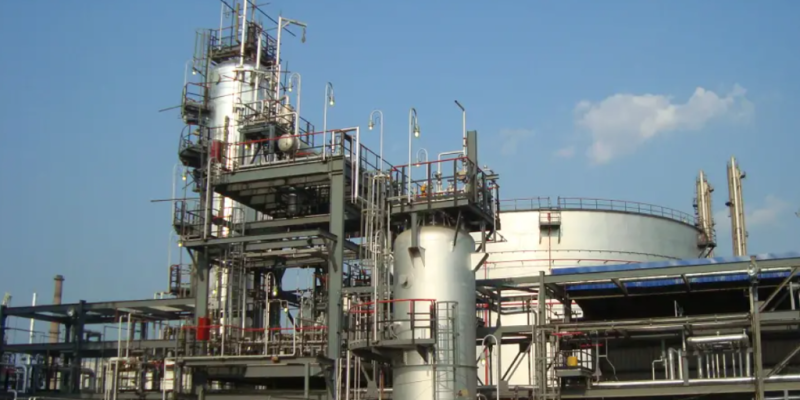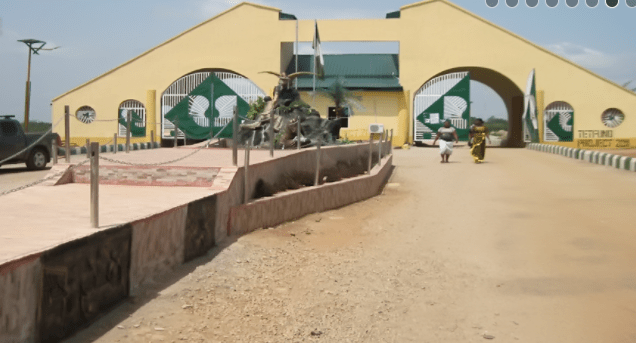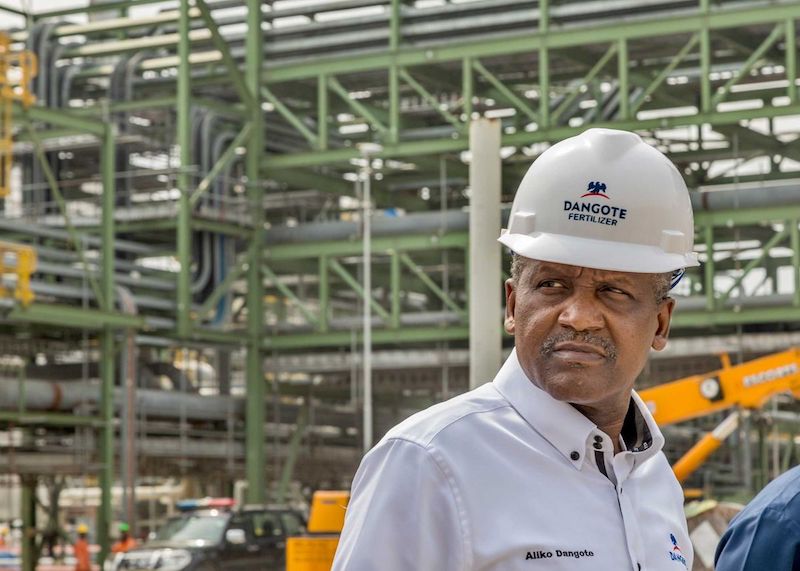The Nigerian National Petroleum Company Limited (NNPCL) on Tuesday announced the commencement of operations at the Port Harcourt Refinery.
Located in Rivers State, the refinery is now processing crude oil, enhancing Nigeria’s ability to refine petroleum products locally.
The Port Harcourt Refinery joins eight other operational refineries in Nigeria.
Here’s an in-depth look at each refinery and its contributions to local and global energy markets:
1. Edo Refinery and PetroChemical Company: Located in Edo State, this modular refinery operates in two phases with capacities of 1,000 barrels per day (BPD) and 5,000 BPD. Fully operational, it focuses on refining locally sourced crude oil to produce essential petroleum products like diesel and naphtha, boosting regional energy availability.
2. Duport Midstream Refinery: Situated in Edo State, this 2,500-BPD refinery was completed in 2022 and began production in 2023. Designed as a modular refinery, it addresses the needs of local markets and reduces fuel import dependency, contributing to the state’s industrial development.
3. Walter Smith Refinery: Found in Imo State, this facility began operations in 2020 with a 5,000-BPD capacity. It plays a critical role in supplying refined products to nearby communities. Expansion plans aim to increase capacity to 50,000 BPD, positioning it as a future key player in Nigeria’s refining landscape.
4. OPAC Refinery: Located in Kwale, Delta State, this modular refinery has a capacity of 10,000 BPD. Completed in 2021, it was established under the federal government’s drive to improve local refining. It processes crude oil into a range of products, including diesel and kerosene, reducing pressure on fuel imports.
5. Niger Delta Petroleum Refinery (Aradel): Operating since 2010 in the Niger Delta region, this modular refinery initially processed 1,000 BPD and later expanded to an 11,000-BPD capacity. It produces various petroleum products such as gas oil, kerosene, and fuel oil, playing a pivotal role in supporting local economies in the region.
6. Old Port Harcourt Refinery: Built in 1965, this refinery originally had a capacity of 60,000 BPD. It underwent significant repairs over the years, including recent work by Tecnimont SPA, an Italian firm. The plant is vital for addressing the country’s refining needs, even as it complements the newer refinery in the same location.
7. New Port Harcourt Refinery: Commissioned in 1985, this facility was built to expand the refining capacity of the Port Harcourt complex. With a capacity of 150,000 BPD, it brought the combined refining capability of the Port Harcourt refineries to 210,000 BPD, cementing their importance in Nigeria’s energy infrastructure.
8. Warri Refinery and Petrochemical Company (WRPC): Established in 1978, this 125,000-BPD refinery is among Nigeria’s oldest. Despite challenges in achieving full utilization, it remains a significant part of the nation’s refining network. Recent rehabilitation contracts aim to restore it to optimal functionality, ensuring a steady output of petroleum products.
9. Dangote Refinery: Located in Lekki, Lagos State, the Dangote Refinery is Africa’s largest, with a capacity of 650,000 BPD. Completed at a cost of $19 billion, it started operations in late 2023 and began supplying refined products to local and international markets in May 2024. It represents a monumental leap in Nigeria’s energy sector, reducing reliance on imports and positioning the country as a global refining hub.
Each of these refineries plays a strategic role in bolstering Nigeria’s oil industry, supporting energy independence, creating jobs, and reducing import costs.




















